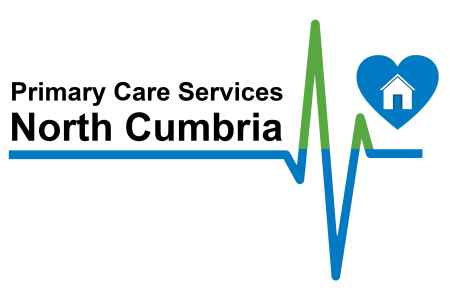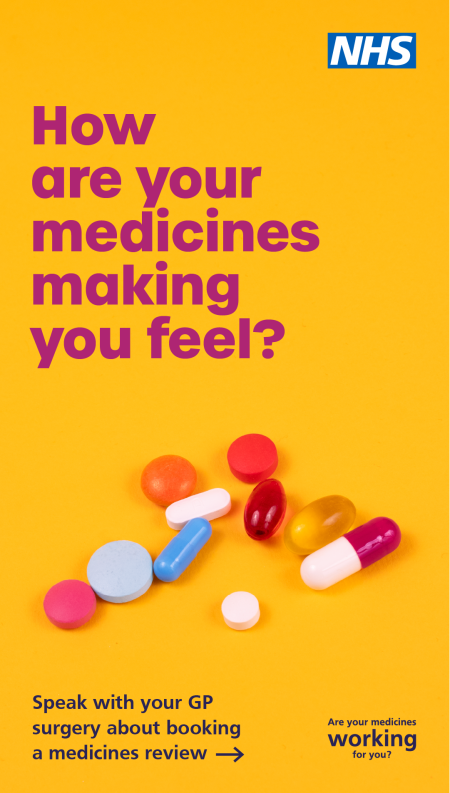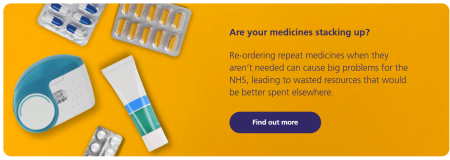Working together to use medicines safely and effectively
Medicines are a vital part of looking after our health — helping to treat illness, manage long-term conditions, and improve quality of life. But to get the best results, medicines need to be used safely and effectively.
That’s where medicines management comes in. Our teams of pharmacists, GPs, nurses and other professionals work together to review prescriptions, check for side effects, and make sure treatments are right for each patient.
But it’s not just about the professionals — patients play a key role too. Keeping track of your medicines, taking them as prescribed, and raising any concerns or side effects with your healthcare team all help make sure you’re getting the best possible care.
By working together — patients and professionals side by side — we can make sure medicines are safe, effective, and supporting your health in the best way possible.
How are your medicines making you feel?
Medicines play a key role in keeping us healthy, but their impact goes beyond just taking the right tablets at the right time. On this page, we’ll explore how you can track how your medicines make you feel, the importance of regular medicines reviews, spotting side effects or changes, and reducing medicine waste.
We’ll also introduce some of the roles in your local GP practice who are there to support you in managing your medicines safely and effectively.
By understanding your treatment, monitoring how it affects you, and working with the right professionals, you can get the most benefit from your medicines while keeping your care safe and personalised.












